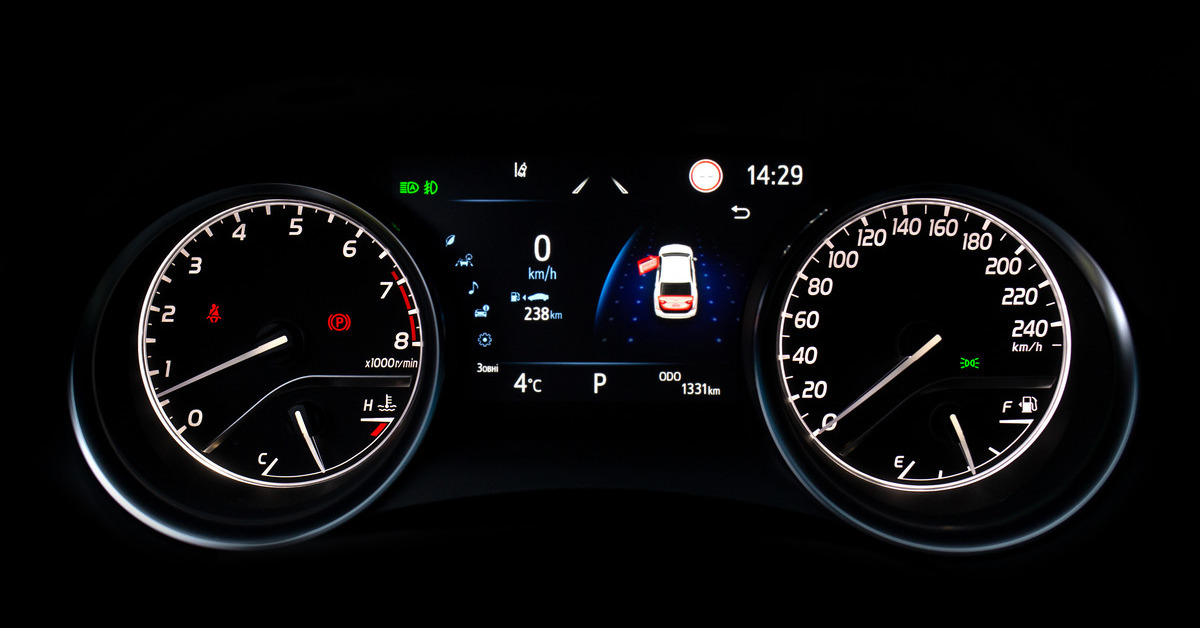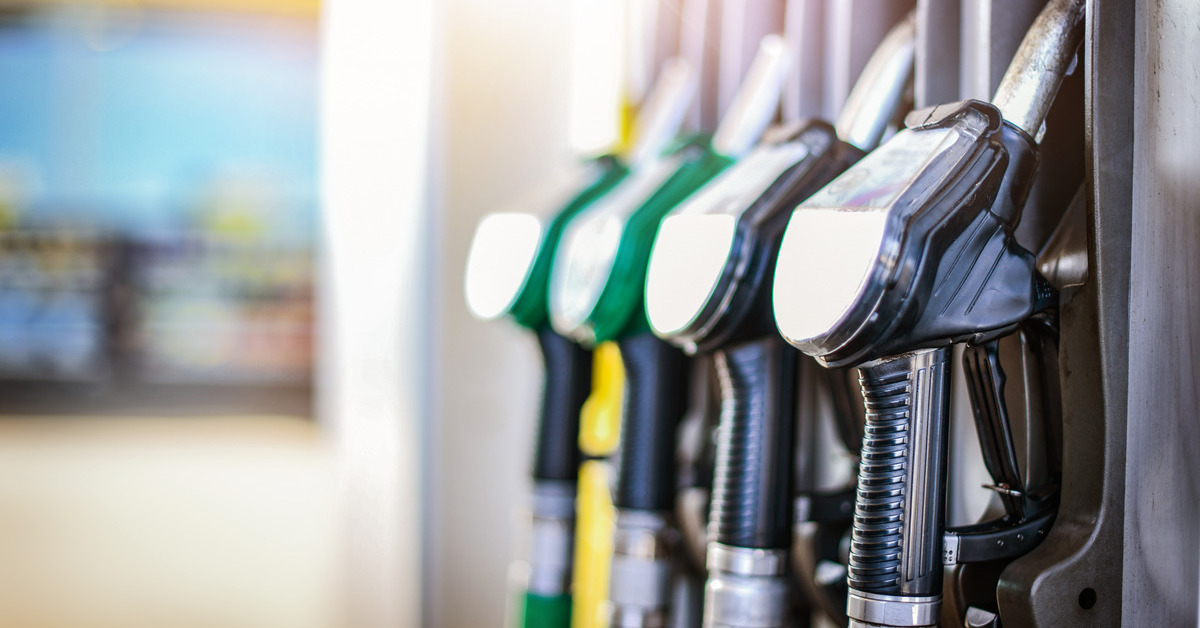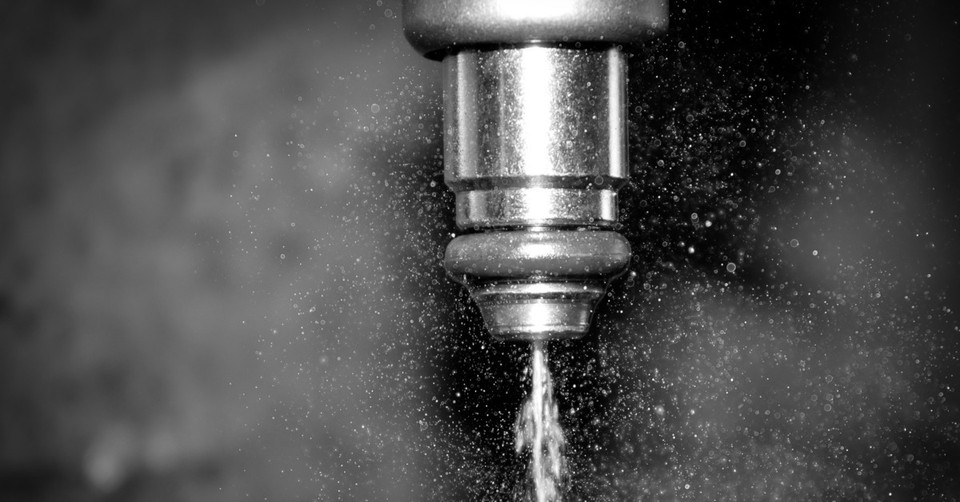If you own a Toyota, you may be wondering how often you should replace your fuel injector. This critical component is essential for your vehicle’s engine, as it plays a crucial role in ensuring its proper functioning and optimal performance. It plays an important role, which is why you need to know how often you need to replace your Toyota’s fuel injector. Waiting too long will only hurt your Toyota in the long run.
While the fuel injector is responsible for delivering precise amounts of fuel to the engine’s combustion chamber at the right time, it can clog or experience damage over time. Impurities in fuel as well as general wear and tear can lead to reduced engine performance, decreased fuel efficiency, and even potential engine damage. Thankfully, if you know when to replace the fuel injector, you can keep your vehicle running smoothly and avoid costly repairs down the line.
Recommended Interval
Typically, the recommended interval for replacing a Toyota’s fuel injector is every 50,000 miles or every five years, whichever comes first. This interval is based on maintaining optimal engine performance and efficiency. However, this interval is dependent on several factors, including the specific model and year of your Toyota, as well as your driving habits and the type of fuel you use.
For example, if you drive in a lot of stop-and-go traffic or go on a lot of short trips, you may need to replace it more often. Consider consulting with your vehicle’s maintenance schedule regularly so you can stay on top of replacements and keep your Toyota running smoothly.
Consult Your Owner’s Manual
As mentioned in the last point, there are many variables at play that may mean you need to replace your fuel injector before the standard 50,000 miles or five years. Always refer to your owner's manual for model-specific recommendations. Each Toyota model may have different maintenance schedules and requirements. The owner's manual provides critical information about your vehicle's maintenance needs, including when you need to replace the fuel injector. Follow these guidelines to make sure that you’re giving your Toyota the care and attention it needs.

Signs of Trouble
Additionally, you should keep an eye out for different signs of trouble, signs that your fuel injector may be failing. Some important signs to look out for include:
- Engine misfires
- Decreased power or acceleration
- Poor idling
- A noticeable drop in fuel efficiency
Additionally, you might notice your vehicle producing more emissions or experiencing difficulty starting up, both of which can be warning signs of injector problems. Take care of your Toyota and fuel injector sooner rather than later when you notice these signs so you can keep your Toyota driving efficiently for years.
Environmental Factors
Depending on how you drive, you may need to replace your fuel injector before or after the recommended intervals. Frequent driving in dusty, dirty, or harsh environments may necessitate more frequent replacements. For instance, off-road driving or operating your vehicle in areas with extreme temperatures can accelerate wear and tear on your fuel injector. It's important to adapt your maintenance routine to your environment to keep your vehicle running smoothly. Always consider the specific environmental conditions you routinely face when planning your vehicle's maintenance schedule.
Older Models vs. Newer Models
Another variable to keep in mind when thinking about fuel injector replacements is how old your Toyota is. Older Toyota models with carbureted engines generally require more frequent fuel injector replacements compared to newer models equipped with advanced fuel injection systems. This fact is because older systems are less efficient at maintaining optimal fuel flow and are more susceptible to clogging and wear. Alternatively, newer models have more advanced diagnostic systems that will alert you to issues before they worsen, making it easier to stay on top of regular maintenance needs.
Regular Maintenance
Regular maintenance, including cleaning the fuel injector, can help extend its life span. Routine engine checkups and use of fuel system cleaners can prevent clogging and buildup. Regularly inspecting and cleaning your fuel injectors as part of your vehicle's maintenance regime can prevent many common issues before they become serious problems. To avoid the need for frequent fuel injector replacement, schedule regular cleanings and services from your mechanic. A little bit of work can go a long way toward keeping your fuel injector healthier for longer.

High-Quality Fuel
The quality of fuel you use will also influence your fuel injector’s longevity. Using high-quality fuel and adhering to recommended oil change intervals can prevent impurities from damaging your fuel injector, impurities that will diminish the injector’s life span. Fuel quality can vary significantly, and using premium fuel can reduce the amount of deposits that form in your fuel system, significantly extending the life of your injector and improving overall engine performance. Additionally, some fuels contain detergents that help keep the fuel system clean, further protecting your injectors.
Component Replacement
If you've recently replaced other engine components such as spark plugs, air filters, or fuel filters, it may be beneficial to also replace the fuel injector. This replacement ensures consistent performance across all systems, contributing to smoother engine operation and better fuel efficiency in your Toyota. When you get all components working together and functioning properly, you can significantly improve your Toyota efficiency and longevity.
Warning Lights
Another indicator to stay on top of when trying to figure out when to replace your fuel injector is warning lights. It’s important that you pay attention to dashboard warning lights or engine codes that could indicate there’s something wrong with your fuel injector. However, remember that interpreting these codes are typically jobs for mechanics. You should bring your car to the professionals to diagnose and resolve these problems quickly. Early attention or replacements can save you from expensive repairs further down the line.
Timely Replacement
Ultimately, following the recommended interval for replacing your Toyota's fuel injector and promptly addressing any signs of trouble are essential for keeping your vehicle running efficiently and reliably. Staying on top of maintenance tasks does a lot to help keep your vehicle in peak condition and valuable for over time. When you’re proactive about fuel injector maintenance, you're making an investment in your vehicle's overall performance and longevity. The right combination of maintenance and timely replacement of worn-out or nonfunctional components will help keep your Toyota on the road, driving efficiently and safely for years to come.
Understanding when to replace your Toyota’s fuel injector is essential for maintaining engine health and overall vehicle performance. When you adhere to the recommended intervals and keep an eye on your Toyota, you can keep things running smoothly. If you need a new fuel injector or general DENSO Toyota parts, let Yota Shop help. We have all the Toyota parts and accessories you could ever need to maintain the longevity and reliability of your vehicle!

